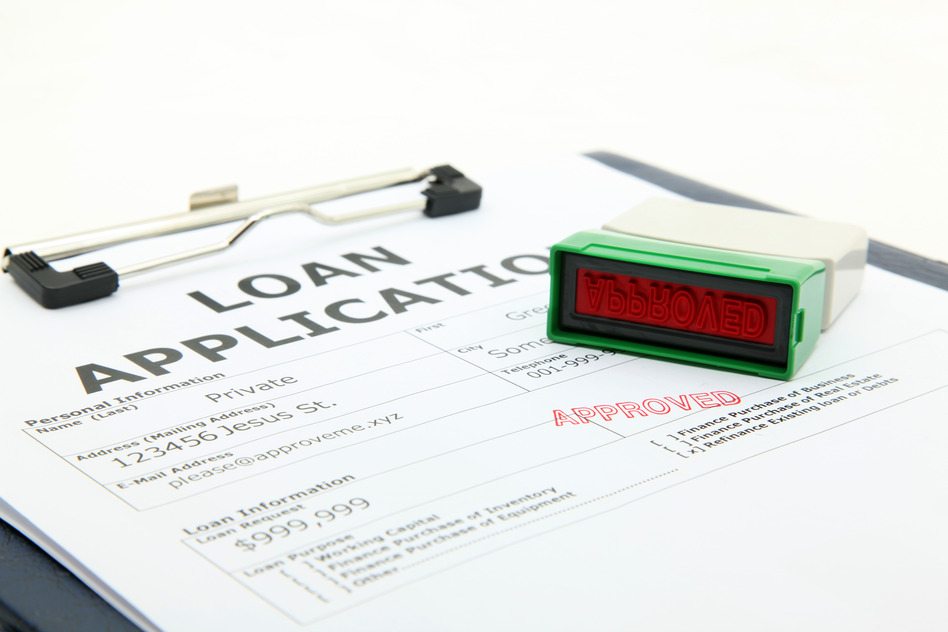Starting a business requires a good idea, hard work, persistence and funding. While you might be able to supply the ideas, hard work and persistence, the funding isn’t always so easy to get. Luckily, the government wants to encourage small business, and offers incentives to lenders so that the are willing to help small business owners through SBA loans.
“The Small Business Administration insures lenders against default,” says Kevin Hoult, an SBA-certified business adviser with a local small business development center in Bellingham, Wash. “The way to apply for an SBA-backed business loan is to apply at a local bank.”
Even though the government protects business lenders from some of the risks associated with lending to small business owners, the SBA loan isn’t there just for the taking. You need to be prepared with a plan and be willing to share your personal and business financial records.
Hoult offers six strategies that can increase the chances that you will qualify for an SBA loan:
1. Establish ability to reach financial goals
You will need to present a business plan to your potential lender. This plan should lay out how you plan to reach your financial goals, and how you plan to make your business profitable.
“Show that you will reach your financial goals by accessing less than 10% of your potential market,” Hoult says. That way you have a buffer for your finances.
2. Overcome roadblocks
Prove that you have thought about possible roadblocks to success, and that you have contingency plans to overcome them.
“Establish accountability in your plan by exploring a variety of scenarios,” Hoult says. “Lay out your specific strategies for overcoming common roadblocks.” Lenders will see you as less of a risk when they know that you have a Plan B waiting in the wings.
3. Show your grasp of the market
Lenders feel better about taking a chance on someone who can show they understand the market. As you present your business plan, make sure that you come across as competent and knowledgeable in your business sector.
“Give your banker an insider’s perspective or an update on current trends,” Hoult says.
4. Flesh out your marketing plan
It’s not enough to simply tell your banker that your business will generate sales of $5,000 per month.
“Your marketing plan should describe how customers will be induced to choose you,” Hoult says.
Detail your marketing efforts, and what you expect them to yield, using real-world examples that bankers can see are plausible. “Show how the choices consumers make will add up to your sales each month,” Hoult says.
5. Prove your commitment before getting SBA loan
While you want to remain professional when meeting with a banker, you also need to show passion and commitment.
Your SBA lender wants to know that you are ready to see this through. Robust primary research can help you demonstrate this commitment. “Research something firsthand, and in real time,” Hoult says.
That way, you can show that you are serious and committed before getting an SBA loan. Let your passion through so that the banker knows you aren’t going to give up at the first sign of trouble.
6. Get to know bankers outside the bank
“Make your first banker contact outside the bank, rather than trundling in like Ma and Pa Kettle with your business plan clutched tightly in your hopeful grasp,” Hoult says.
He recommends attending Chamber of Commerce luncheons and service club events. “Bankers who go to networking events are looking for deals and looking to meet potential borrowers,” he says. “Relationships matter, so start developing them now.”
Qualifying for an SBA loan requires that you show you are financially sound and that you have a good plan, but the way you present information matters, too.
Try to develop a good relationship with the lender, and make it a point to demonstrate that you really are ready to grow your business, and you’ll be more likely to succeed with your SBA loan application.




